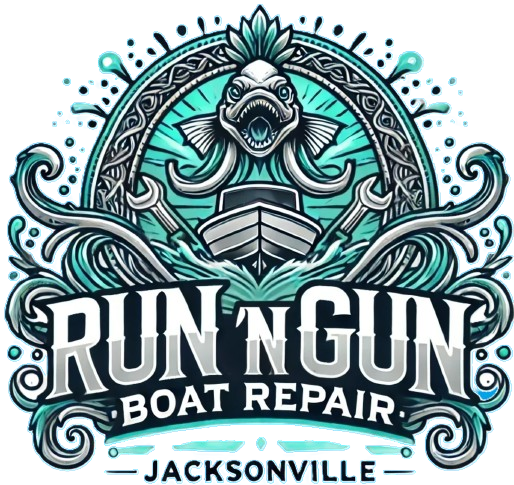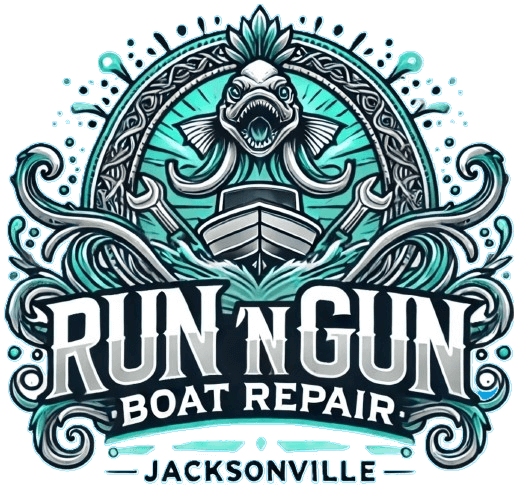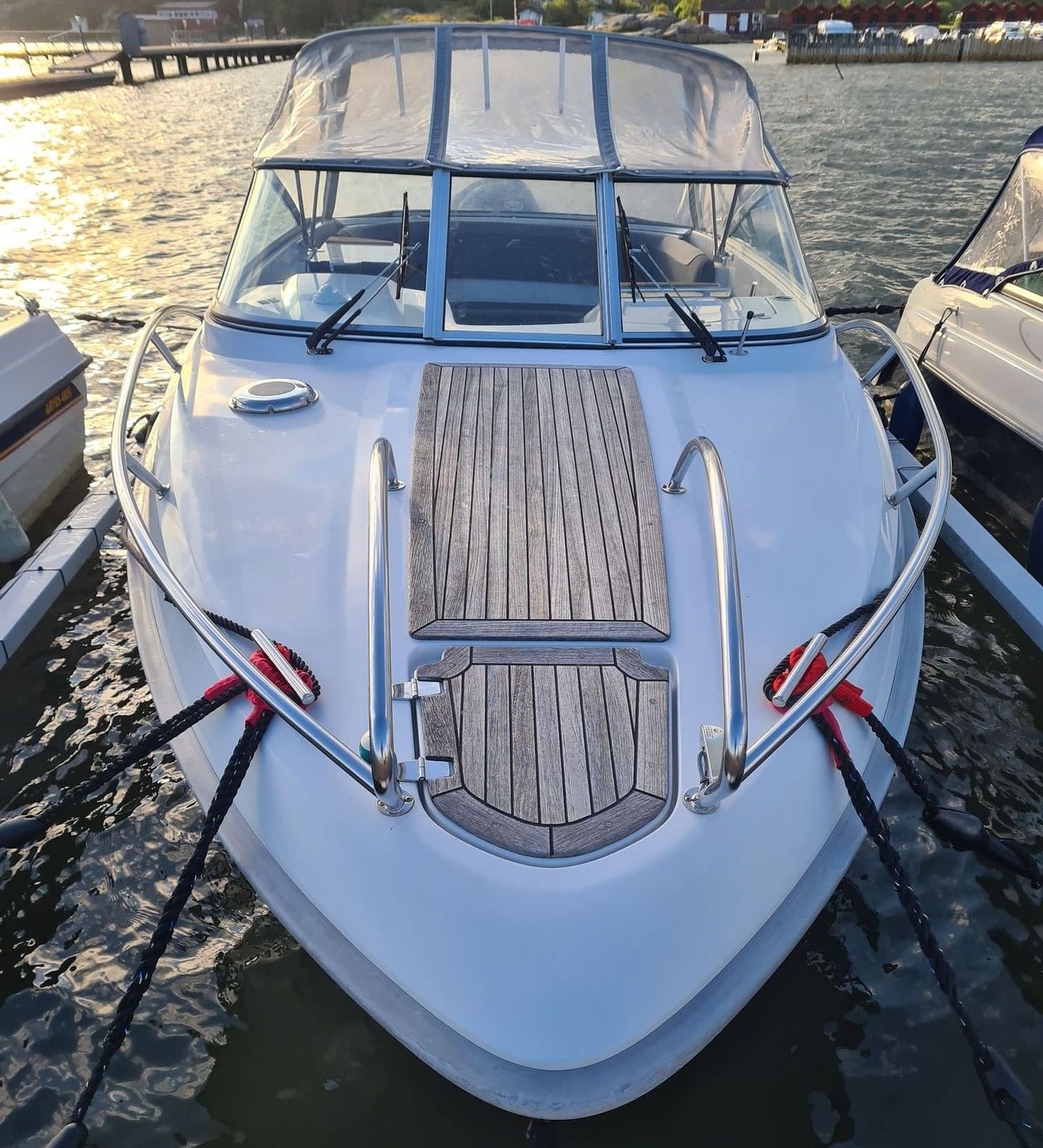Are Electric Boat Motors Any Good?
Are Electric Boat Motors Any Good?

Electric boat motors have become a hot topic as more boaters seek eco-friendly and efficient alternatives to traditional gas-powered engines. But the big question remains: are they any good? To answer that, let’s explore what electric boat motors are, weigh their advantages and disadvantages—including their performance in cold weather—and consider hybrid options that combine the best of both worlds.
What Are Electric Boat Motors?
Electric boat motors are propulsion systems powered by electricity, typically from rechargeable batteries, instead of gasoline or diesel. They’ve gained popularity in recent years thanks to advances in battery technology and a growing emphasis on sustainability. Available in various sizes and power levels, these motors can be found on everything from small fishing boats to luxury yachts. But how do they stack up against their gas-powered counterparts? Let’s break it down.

The Advantages of Electric Boat Motors
Electric boat motors come with some compelling benefits that make them worth considering:
- Quiet Operation: One of the standout features of electric motors is how quiet they are. Unlike gas engines that rumble and roar, electric motors hum along silently. This makes them ideal for fishing (no scaring the fish!) or simply enjoying a peaceful day on the water.
- Low Maintenance: With fewer moving parts than traditional engines, electric motors require less upkeep. Say goodbye to oil changes, fuel filters, and complex boat repair. This simplicity can save you time and hassle.
- Eco-Friendly: Electric motors produce zero emissions, meaning no exhaust fumes or fuel spills to harm the environment. If you charge them with renewable energy sources like solar or wind, their green credentials get even stronger.
- Lower Operating Costs: While the initial purchase price might be higher, electric motors can save you money over time. No fuel to buy and reduced maintenance
The Disadvantages of Electric Boat Motors
Despite their appeal, electric boat motors aren’t perfect. Here are some of the drawbacks to keep in mind:
- Limited Range and Power: Electric motors often lag behind gas engines in terms of power and range, especially for larger boats or extended trips. If you need to cover long distances or tow heavy loads, you might find them lacking.
- Battery Life Concerns: The range of an electric motor depends on its battery, and batteries don’t last forever. Running out of juice mid-trip could leave you stranded, especially if you’re far from shore.
- Charging Challenges: Unlike gas stations, charging stations for boats aren’t widespread yet. If you’re out on the water all day, finding a place to recharge can be tricky, limiting your flexibility.
- Higher Upfront Cost: Electric motors and their batteries often come with a steeper price tag than traditional engines. While operating costs may be lower, the initial investment can be a hurdle for some boaters.
- Cold Weather Performance: Batteries don’t perform as well in cold conditions. At lower temperatures, their capacity drops, meaning reduced range and power. In extreme cold, charging can also slow down, and the risk of battery damage increases if not managed properly. This makes electric motors less reliable for winter boating in chilly climates.

Is There a Combination of Both?
For boaters who love the benefits of electric motors but worry about their limitations—like cold weather performance or range—hybrid systems offer a compelling middle ground. Hybrid boat motors combine an electric motor with a gas or diesel engine, allowing you to switch between power sources or use both together. Here’s how they work:
- Flexibility: Use electric power for quiet, short trips or low-speed cruising, then switch to gas for longer distances or higher speeds.
- Cold Weather Backup: The gas engine can take over if the battery struggles in frigid conditions, ensuring you’re never stuck.
- Extended Range: The dual system eliminates range anxiety, blending the eco-benefits of electric with the reliability of fuel.
While hybrids are more complex and costly upfront than pure electric or gas systems, they’re gaining traction, especially for mid-sized boats. Companies like Volvo Penta and Yamaha are developing hybrid marine solutions, though availability is still growing.
So, Are They Any Good?
The answer depends on your needs. Electric boat motors shine in certain scenarios:
- Small Boats and Short Trips: If you’re cruising on a small lake or river and don’t need to go far, electric motors are a fantastic fit. Their quietness and simplicity make them perfect for casual outings.
- Eco-Conscious Boaters: If reducing your environmental footprint is a priority, electric motors deliver a cleaner, greener boating experience.
- Fishing Enthusiasts: The near-silent operation gives anglers an edge, letting them sneak up on fish without the noise of a gas engine.
However, if you boat in cold climates, own a larger vessel, or plan long-distance adventures, pure electric motors might fall short—especially with battery performance dropping in winter. Gas-powered motors still hold the edge for raw power and reliability in those cases. A hybrid system could be the sweet spot if you want versatility without sacrificing too much.

Practical Examples and Recommendations
To give you a sense of where electric and hybrid motors work best, consider these examples:
- A Small Fishing Boat: A 12-foot jon boat with a trolling motor (a common type of electric motor) is perfect for a quiet day on a local lake—though you’ll want to avoid icy mornings when battery efficiency dips.
- A Pontoon Boat for Leisure: For relaxed cruises on calm waters, a mid-sized electric motor can power a pontoon boat efficiently, keeping costs low and the ride serene.
- A Hybrid Cruiser: A 25-foot hybrid boat could run on electric for coastal sightseeing, then switch to gas for an offshore run, even in cooler seasons.
- Not Ideal for Offshore Adventures: If you’re heading miles offshore in a 30-foot cruiser in winter, a gas or hybrid engine is the better bet due to its superior range and cold-weather reliability.
If you’re intrigued, start small with a pure electric motor for warm-weather trips, or explore hybrid options if you boat year-round. Brands like Torqeedo (electric) and ePropulsion (electric) are solid for pure electric, while Volvo Penta leads in hybrid tech.
You might also like
More Information and Stories about the boat repair!

Experience the convenience of on-the-go ship servicing!
All Rights Reserved | Run & Gun Jacksonville, FL | Powered by Snapps



